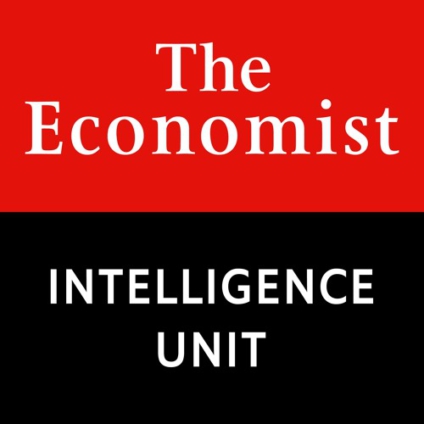Cost of loans will worsen as the Economist Intelligence Unit is forecasting a 31.5% policy rate by the Bank by at the end of the year.
This will subsequently increase the cost of living and doing business in Ghana.
The Bank of Ghana in March 2023 increased the Monetary Policy Rate (MPR) to 29.5%, by 150 basis points (bps), citing the need to anchor inflation expectations towards the medium-term target of 8±2 percent.
The UK-based firm said new taxes, depreciation of the cedi and soaring domestic prices for food, fuel, and utilities will keep average inflation elevated in 2023, at 38.1%.
“We, therefore, expect further rate rises throughout 2023, to a terminal rate of 31.5%. The policy rate will be held steady in 2024 as inflation slows”.
“We expect monetary loosening to start only from the second half of 2025, followed by additional sharper cuts in 2026-27 (taking the rate to 23% by end-2027) as supply-side inflationary pressures abate”, it added.
Furthermore, the EIU said securitisation of central bank loans to the government will weigh on liquidity and limit access to credit for micro, small and medium-sized enterprises (MSMEs).
The Governor of the Bank of Ghana, Dr. Ernest Addison, in March 2023 said the Monetary Policy Committee hiked the policy rate on concerns to moderate liquidity in the system in order to underpin macroeconomic adjustments taking place to drive inflation on a downward path.
“To place the economy firmly on the path of stability and reinforce the pace of disinflation, it is important that the monetary policy stance be tuned further to re-anchor inflation expectations towards the medium-term target. Given these considerations, the MPC decided to increase the Monetary Policy Rate by 150 basis points to 29.5 percent,” he explained.
Source: myjoyonline.com





